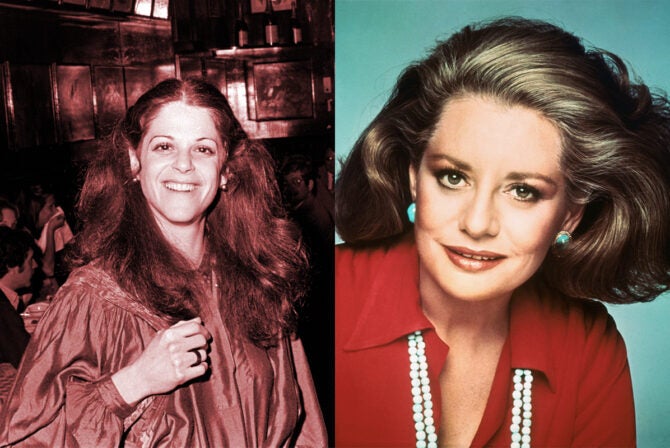When MICHAEL IOFFE was a freshman in high school, he cold-called as many business leaders and innovators as he could find to see if they’d come speak at a city-wide series of talks on the northeast side of Portland, Oregon. He felt like the educational resources for some of his peers was seriously lacking, and he was determined to change that.
“No” was the resounding answer. Until one leader paused and said, “If you get a hundred of your buddies together, I’ll do it.”
A few years later, TILE, (Talks about Innovation, Leadership and Entrepreneurship) is the world’s largest conversation series, and Michael is a 2017 recipient of the Diller Teen Tikkun Olam Awards.
We were very grateful when he said “Yes” to our call.
Talking with Michael Ioffe:
What’s your favorite thing about Portland?
The rain, actually. I’ve lived here all my life and you get used to it. It’s pretty difficult to live without it.
What’s your favorite thing to follow on social media?
I’m a huge fan of A24 pictures. They’re the people who made the movie “Moonlight” and I really love their work.
Where are you in school now and what’s your favorite subject there?
I’m entering my freshman year at Babson College as a Weissman Scholar. Babson is an entrepreneurship school, and I’m also hoping to study Finance, Design, and Architectural History.
Can you tell me about that first moment when you thought of TILE?
It was more of a slow build-up than a precise moment. I went to a low-ranking school on the northeast side of Portland. And most kids there don’t have the resources that they need. And then my freshman year of high school, I cold-called some business leaders that I wanted to hear speak. It took a while but I got some speakers on board.
That first series was called the Stumptown Speaker Series. It was free and I got a lot of people to attend. It really took off. Midway through that first season, I realized I’d hit on a model that would work. And so I wrote a 14-page manual to help students make their own speaker series – really anywhere in the world.
And now it’s a far cry from a speaker series, right?
Yeah, so we are a global non-profit now. We currently have 180 locations in 32 countries. From Pakistan to Kuwait to Yemen to Norway. It’s free monthly conversations with innovators, leaders, and entrepreneurs for high school and college students, particularly from low-income backgrounds.
What’s the hardest part about running TILE?
I think dealing with rejection. I’ve been rejected a few hundred times. I used to keep track but then I stopped, but I’ve had to persevere through a lot of negative reactions. Even that first speaker series — I reached out to about 20 locations before one said yes.
The most rewarding part?
Seeing the effect that it has on students. After attending talks, students have started podcasts or started initiatives of their own. And really the TILE manual gives all the resources now and empowers students to gather their own speakers, get event spaces, and use marketing techniques wherever they are. We have a student support line too, so if people organizing talks have questions, we will answer them within 24 hours. We try to reach out to as many student groups as possible.

Who is your ideal candidate as a speaker?
Anyone who has a great story to share and good advice to give. I strongly believe that everybody has a story to share. And I know that students are interested.
Who’s one speaker who made a lasting impression on you?
Micah Camden, who is a local entrepreneur – he really has accomplished so much. We also had the co-founder of WebMD.
Do you ever get to travel and see some of the talks overseas?
Unfortunately, not. That’s something that I’d love to do – travel and see the work that’s happening. Especially in our chapter in Yemen. The work that our students are doing there is incredible. We ask students to get speakers who are local to their communities, so really, it’s people reaching out within their area.
What’s next for the TILE campaign?
So, something that we’re working on right now is translating our manual into other languages. And I plan to continue working on TILE in college. Babson has been super supportive. My goal is to become the largest venue for conversations between students, innovators, and entrepreneurs. Five hundred chapters by the end of this year. One million students by the end of 2018.
Well, I believe in you. And obviously so does the Diller Foundation.
I’m so grateful for the Helen Diller Family Foundation and their recognition. It’s a real validation of my work and the work of TILE. I’m also so excited to hear about all these different teens who won and to meet them at the awards weekend. They sound like amazing people.
This post is sponsored by the Helen Diller Family Foundation. To learn more about the foundation’s $36,000 Diller Teen Tikkun Olam Awards, visit www.dillerteenawards.org.







